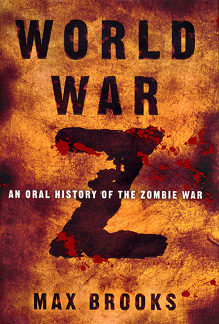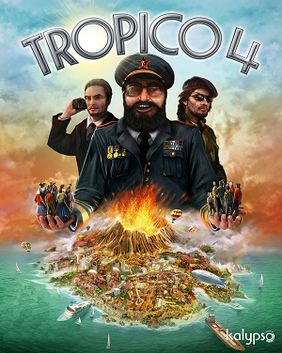Lists



3 Books
Graphic novels I need to read
Sort by:
Recent Desc
More lists by Eri



Watch List
List includes: The Mist, Green Wing, Rosemary's Baby
October 2022
0
E
@EriTheBerry



Podcasts to try
Title speaks for itself...
July 2022
0
E
@EriTheBerry



Books books books
List includes: Night, World War Z: An Oral History of the Zombie War, The Road
May 2022
0
E
@EriTheBerry



Music to lend my ear to...
Just some bands I've never really gotten around to listening to.
March 2022
0
E
@EriTheBerry



Non-vom inducing video games
For all my fellow motion-sickness sufferers out there…
March 2022
1
E
@EriTheBerry